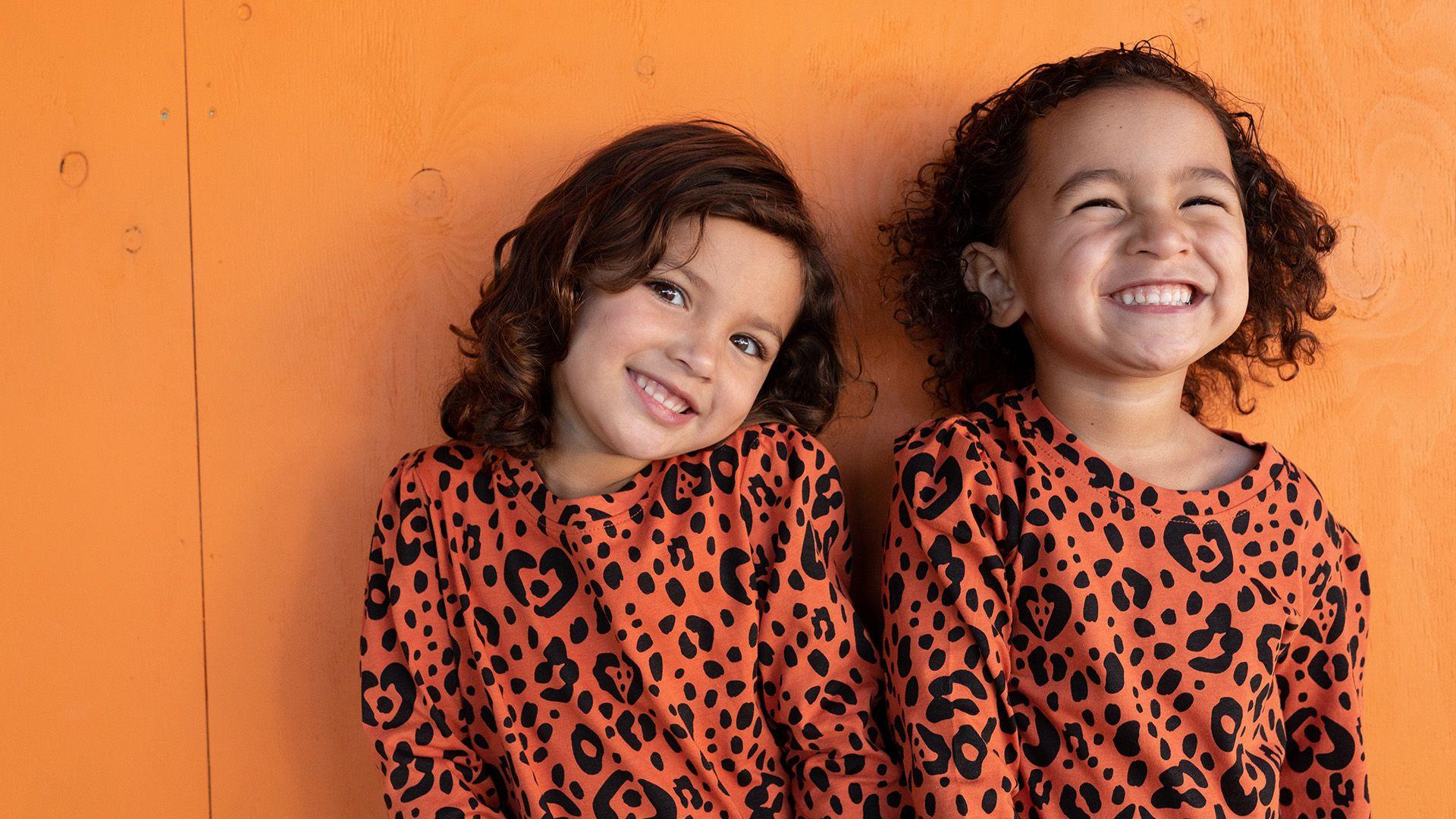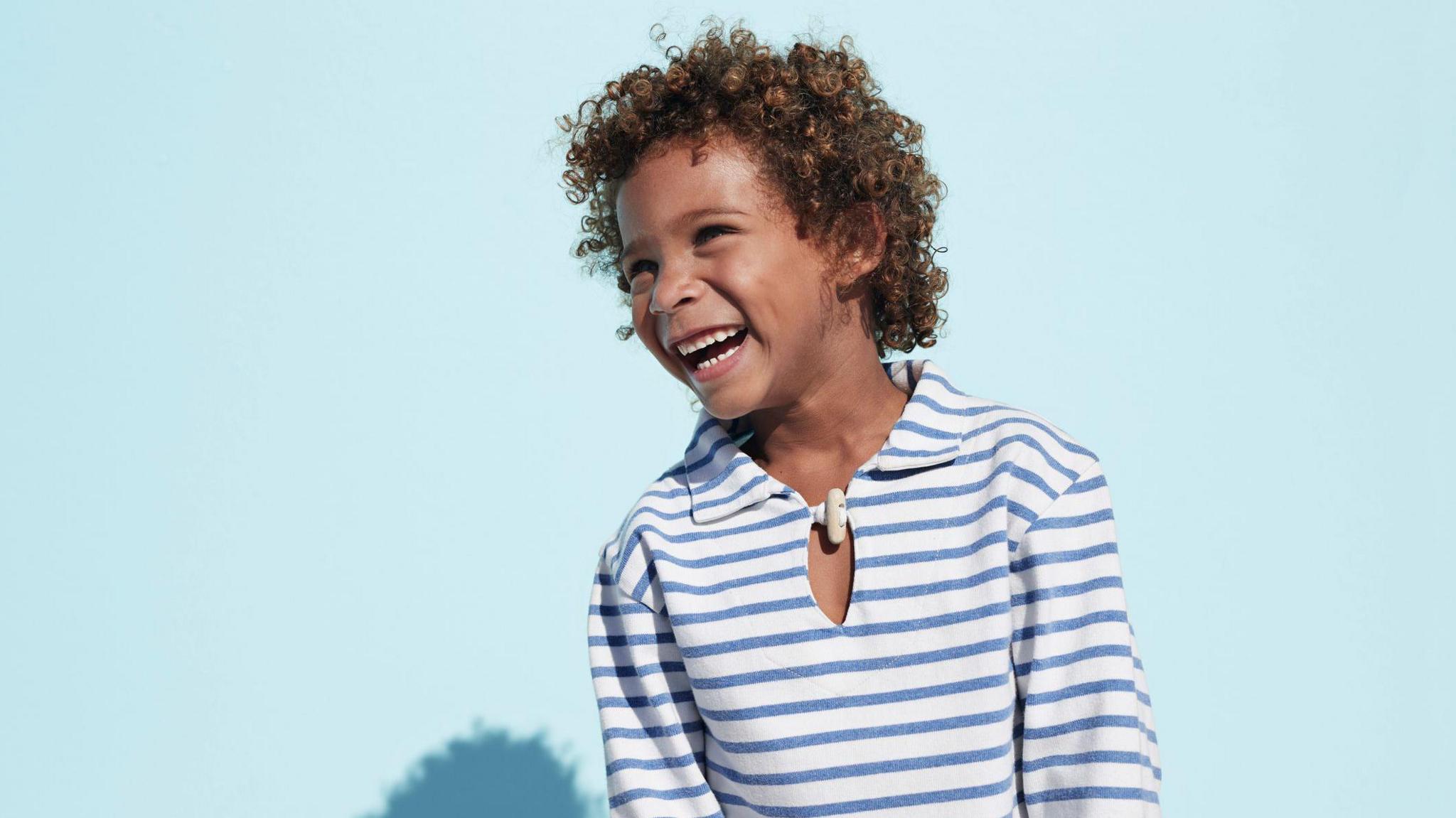What makes someone really funny?

- Published
You might have funny bones but is humour passed down through family?
A new study from the University of Aberystwyth suggests the ability to be funny isn't down to your genes - it is not a family trait - but rather your environment.
The team compared over a thousand twins and how funny they thought they were and how funny others thought they were.
It's the first study to look at whether being funny is down to abilities passed down to children from parents or what happens in life and who you hang about with that make you a funny person.
More on twins
- Published12 April 2019
- Published12 March 2021

The scientists studies over a thousand sets of identical and non-identical twins
Scientists compared over 1300 sets of both identical - exactly the same - and non-identical twins in Britain.
First, they were asked to rate how funny they thought they were and then rate how funny they thought their twin was, as well as how often they made other people laugh.
The twins were then asked to write funny captions for two cartoon images, like the kind you'd see in a newspaper, to try to make people laugh.
40 judges were then asked to rate the captions on how funny they thought they were from a scale of not funny to very funny.

Researchers then had to use a statistical method to make a humour score for each participant.
They found identical twins tended to rate their humour more similarly than non-identical twins did.
But the results from the judges showed both identical and non-identical twins scored similarly on humour.
Which means environmental factors - what happens after you are born, not traits passed down from parents - have a bigger role to play in creating your funny bones than genetics.
But researchers did say a genetic influence on humour could not be entirely ruled out.
Speaking of funny, check these out!
- Published3 June

- Published20 November 2024

- Published19 August 2024

